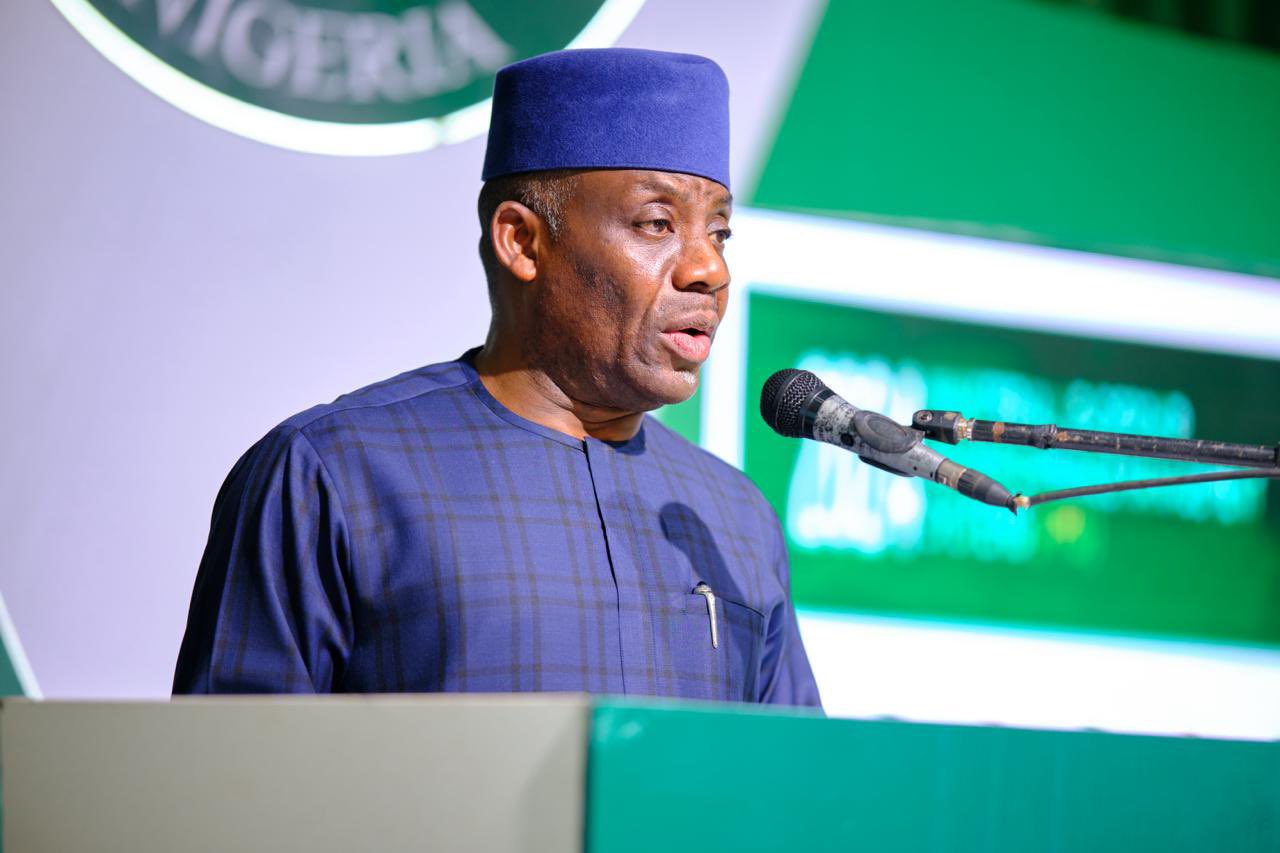The Federal Government of Nigeria abolishes the policy, which makes indigenous languages compulsory for teaching in early primary education. Education Minister Tunji Alausa made the declaration in Abuja, the capital. He said that English is now the only medium of instruction from the beginning.
This decision overturns a 1977 policy that previously had schools teach pupils in their mother tongue for the first three years, although implementation of that policy faced challenges over decades.
Reasons Behind the Policy Shift
Alausa says many teachers are not fluent in local languages. Consequently lessons suffer. In addition, parents want their children to know English for better opportunities. This preference, he says, drives the new directive.
The minister adds that English boosts international competitiveness. For instance, it prepares students for international exams. Consequently the government would prefer all schools to be similar.
Mixed Reactions from Stakeholders
Educators embrace the change. They believe it streamlines training and resources. In addition, urban schools already operate under an English only principle. Therefore the policy is in line with reality.
But linguists express concern. They say that abandoning mother tongue teaching is a threat to cultural heritage. For example, languages such as Yoruba and Igbo could decline among the young.
Path to Implementation
The government issues guidelines forthwith. Schools have to convert in one academic session. Meanwhile it promises to provide training in English language proficiency to teachers.
State governments are backing the move. They are planning workshops to make the transition smooth. However the problem in rural areas is the absence of adequate English material.
Broader Implications for Education
This reform has raised a debate on identity versus progress. To its protagonists, it is modernization, to its critics loss of diversity. Yet the government does not budge.
In conclusion, it is a scrapped policy that constitutes a daring step, to unify Nigeria’s education system under one single policy by laying stronger foundations through the medium of English. Only time will show its full effects.


